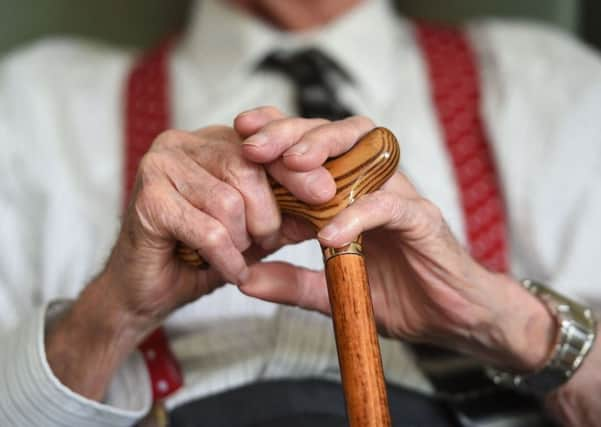Taking on an elderly relative’s Power of Attorney


She has moved into a care home and is expected to make a contribution to her care home fees.
However, her bank will not allow me to access her funds to make those payments.
Her house will also need to be sold. What can I do?
Advertisement
Hide AdAdvertisement
Hide AdIf your mother made a Lasting Power of Attorney (LPA) before she lost capacity then her chosen attorney can deal with these matters.
However, if she did not make a Power of Attorney, and has now lost capacity to make one, then it is now too late to pursue that option.
In the absence of an LPA, you, or another family member or appropriate person will have to consider making an application to the Court of Protection (COP) to be appointed her Property and Financial Affairs Deputy.
The role of Deputy allows the appointed person (or persons) to manage matters relating to the property and financial affairs of a person who has lost the capacity to do so themselves.
Advertisement
Hide AdAdvertisement
Hide AdThe Deputy has a duty to act in the person’s best interest. They must manage and protect the assets of the person concerned. The Deputy can only make the decisions the court says they can make and must apply a high standard of care when making decisions.
Deputies cannot make a decision for someone if they believe the person can make the decision themselves. Deputies cannot make a will for the person, or change their existing will or make large gifts out of the person’s money.
The application is made by completing the relevant court forms, including a capacity assessment, and sending them to the COP along with the court fee. Once the application has been issued close family members will have to be informed and they have the right to object.
Assuming the application is not contested then it generally takes between 11 – 21 weeks for the order to be made. The decision regarding who should be a Deputy is made by the Court and it should be noted that just because a person makes an application to be a Deputy it does not necessarily follow that they will be appointed; the court may consider someone else to be more suitable for the role.
Advertisement
Hide AdAdvertisement
Hide AdOnce appointed, the Deputy is overseen and supervised by the Office of the Public Guardian (OPG) and is required to make an annual report as to finances, and as to what decisions have been made during the year. It is important therefore that a proper and thorough record of all transactions and decisions are kept.
If you would like further advice about Lasting Power of Attorney or Deputyships please contact Ben Hoare Bell LLP. To speak to a solicitor please phone 0191 565 3112 or email [email protected]. For further information please visit www.benhoarebell.co.uk